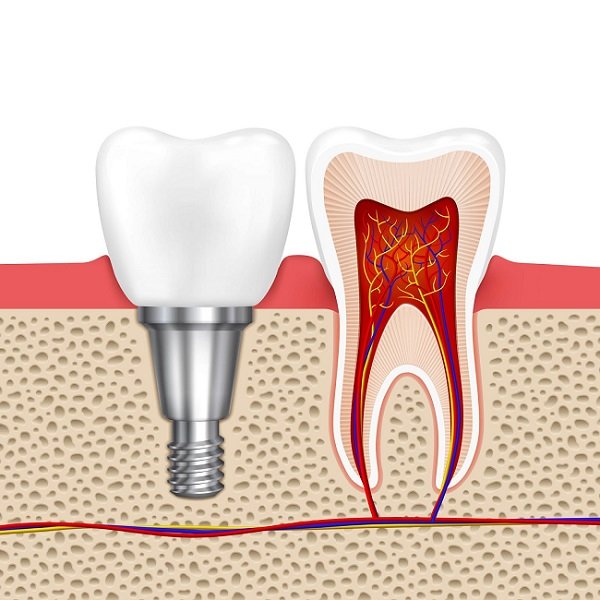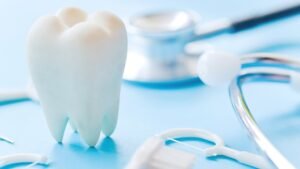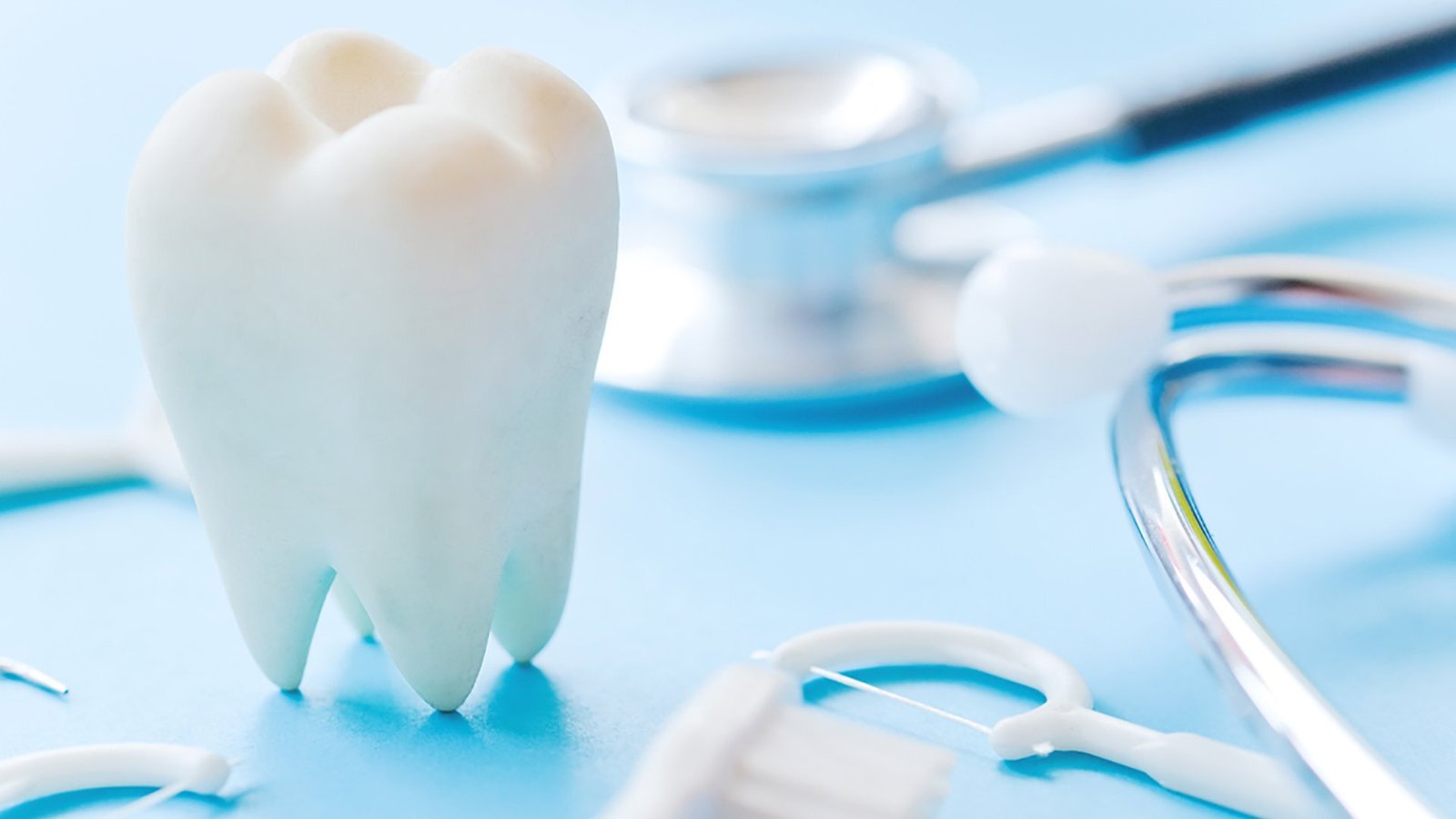Dental procedures definitely help you get rid of your problem but dental post treatment care is something that guarantees you long-term success. From preventing infections to protecting your new restorations, what you do after leaving the clinic plays a big role in how well your mouth recovers. Whether it’s a simple cleaning or a complex implant procedure, following the right dental post treatment care steps is essential.

This guide covers everything you need. We will talk about caring for teeth after a dental procedure. Other than that, we will talk about how to relieve the pain and accelerate the healing.
- What Is Dental Post Treatment Care?
- Why Is It Important?
- Common Procedures That Need Aftercare
- Dental Post Treatment Care Tips at Home
- How to Care for Teeth After Dental Procedure?
- Oral Hygiene Routine After Dental Work
- Foods to Avoid After Dental Treatment
- Proper Brushing After Dental Surgery
- Recovery Tips After Deep Dental Cleaning
- Quick Tips to Reduce Swelling After Dental Work
- How to Speed Up Healing After Dental Procedure?
- Dental Post-Op Care for Sensitive Teeth
- Post Dental Treatment Pain Management
- Role of Aidite Dental in Better Recovery
- When to Call Your Dentist
- FAQs
What Is Dental Post Treatment Care?
Dental post treatment care are measures that are performed after dental surgeries to promote healing, prevent infections, reduce pain, and preserve restorations such as crowns or implants. It involves oral hygiene regimens, diet and activity guidelines, discomfort control, and follow-up visits.
Why Is It Important?
Ignoring aftercare can lead to complications, pain, and extra costs. Here’s why dental post treatment care matters:
- Prevents infections at the treatment site
- Promotes faster healing
- Helps avoid treatment failures (e.g., loose crowns, failed implants)
- Keeps your overall oral health in good shape
Common Procedures That Need Aftercare
Not all dental post treatment care ends at the clinic—many require ongoing attention at home. Here are some common procedures that need aftercare to ensure proper healing and lasting results.
1. Fillings
After a dental filling, your tooth may be sensitive to temperature and pressure for a few days. Do not chew on the side that the filling has been placed, and avoid eating sticky or hard foods that will pull out or crack the filling. The success of dental post treatment care is based on your good oral hygiene.
2. Dental Crowns
Dental crown aftercare instructions include avoiding very hard or chewy foods for a few days, especially if a temporary crown was placed. Brush and floss gently around the crown to prevent gum irritation or plaque buildup.
3. Root Canal Therapy
Knowing how to clean teeth after root canal is important. You should continue brushing and flossing but be careful around the treated area. Avoid biting hard foods with the treated tooth until it’s fully restored with a crown. This is the most common dental post treatment care tip after the root canal.

4. Dental Implants
The dental post treatment care for dental implants and crowns includes a salt water rinse every few hours, no smoking, and eating food that is softer. Clean the area carefully to avoid infection and allow proper integration with the jawbone.
5. Tooth Extractions
One of the more delicate procedures, extractions demand their own best practices after tooth extraction: gentle biting on gauze, a cold compress, no spitting or using a straw, and only eating soft foods. Adequate rest is also required to avoid dry socket and promote faster healing.
6. Deep Dental Cleaning
You might have some tenderness in your gums after the procedure. To ensure you do not experience any sort of discomfort, you must take care of certain things after a deep cleaning of your teeth and gums such as avoid hot or spicy food, maintain oral hygiene and apply an antibacterial mouth rinse etc.
7. Dental Cleaning and Polishing
Not sure what to do after dental cleaning and polishing? It’s best to follow basic dental post treatment care tips like stay away from those staining foods and beverages like coffee or red wine for at least 24 hours. Regular, gentle brushing keeps the polish soft and prevents the buildup of plaque.
8. Dental Surgery
Procedures like gum surgery or bone grafting require special attention. Following a gentle oral hygiene routine after dental work and learning proper brushing after dental surgery can prevent infection and support recovery.
Dental Post Treatment Care Tips at Home
Here are the best post treatment care tips to care for your dental implants at home:
- Use a soft-bristled toothbrush
- Rinse your mouth with warm saltwater
- Avoid smoking and alcohol
- Sleep with your head elevated after surgery
- Stick to a bland diet for the first 48 hours
These tips help in post dental treatment pain management and keep your mouth clean without irritating healing tissues.
How to Care for Teeth After Dental Procedure?
Every procedure requires a slightly different approach. Here’s how to follow dental post treatment care after dental procedure:
- Fillings/Cleanings: Brush and floss gently; avoid hard foods.
- Root Canal: Use an antibacterial mouthwash and avoid chewing on the treated side.
- Implants: Use special brushes like interproximal brushes; rinse without swishing.
- Crowns: Be careful with temperature sensitivity; avoid clenching or grinding.
Oral Hygiene Routine After Dental Work
Your oral hygiene routine after dental work needs to be gentle but effective:
- Brush twice a day with a soft-bristled brush
- Use low-abrasive toothpaste
- Floss carefully, especially around treated areas
- Rinse with alcohol-free mouthwash or saltwater
Consistency in your hygiene routine helps avoid plaque buildup and infections.

Foods to Avoid After Dental Treatment
Not all foods are equal when you’re healing. These are the main foods to avoid while following dental post treatment care:
- Sticky candies and chewing gum
- Popcorn, chips, and hard nuts
- Acidic drinks like soda or citrus juice
- Spicy and extremely hot foods
- Crunchy vegetables like carrots (unless cooked soft)
Soft, cool, and bland foods support healing and comfort.
Proper Brushing After Dental Surgery
Proper brushing after dental surgery is key to healing without causing harm:
- Start brushing 24 hours post-surgery, unless advised otherwise
- Avoid the surgical site for the first couple of days
- Use a child’s toothbrush for more control and gentleness
- Don’t spit forcefully; let the water fall out of your mouth
Recovery Tips After Deep Dental Cleaning
Feeling sore after scaling and root planing? Here are recovery tips after deep dental cleaning:
- Use desensitising toothpaste to reduce sensitivity
- Avoid very hot or cold foods for 2-3 days
- Don’t skip your fluoride rinse or gel if prescribed
- Use a saltwater rinse twice daily
You can follow these dental post care tips to reduce swelling and discomfort.
Quick Tips to Reduce Swelling After Dental Work
It is common to see swelling. Here’s what to do for swollen gums after dental work:
- Apply a cold compress for 15 minutes every hour on the day of treatment
- Stay hydrated with room temperature water
- Sleep with your head slightly elevated
- Avoid salty foods and alcohol
If swelling worsens after 3 days despite following dental post treatment care routine, contact your dentist.
How to Speed Up Healing After Dental Procedure?
Want faster recovery? Know how to speed up the healing process after a dental procedure:
- Avoid tobacco, alcohol, and caffeine
- Stick to nutrient-rich, soft foods
- Take prescribed medication as directed
- Get plenty of rest
- Follow all dental instructions to the letter
Healing well means fewer complications and a better overall result.
Dental Post-Op Care for Sensitive Teeth
Sensitive teeth can be uncomfortable during recovery. Tips for dental post-op care for sensitive teeth:
- Use toothpaste designed for sensitivity
- Avoid ice-cold or piping-hot drinks
- Don’t brush too hard
- Avoid acidic foods like lemons or vinegar
Sensitivity usually fades within a week or two. If it doesn’t, check in with your dentist.
Post Dental Treatment Pain Management
Mild to moderate pain is common. Post dental treatment pain management options include:
- Over-the-counter painkillers like ibuprofen
- Ice packs to reduce inflammation
- Avoiding crunchy and chewy foods
- Taking short naps to support healing
Never exceed the dosage on pain meds and avoid aspirin unless prescribed.
Role of Aidite Dental in Better Recovery
Material matters when it comes to treatment success. Aidite Dental provides durable, biocompatible materials used in crowns, bridges, veneers, and implants. High-quality materials mean fewer complications, better healing, and longer-lasting dental work.
If your clinic uses Aidite Dental, you’re already a step ahead in recovery.
When to Call Your Dentist
You should reach out to your dentist if:
- Pain worsens after 48 hours
- Swelling doesn’t go down after 3 days
- You experience fever or chills
- There’s uncontrolled bleeding
- Your dental work feels loose or has fallen out
Prompt action can prevent more serious issues.
Final Thoughts
Dental post treatment care isn’t just a checklist—it’s your ticket to lasting results and a healthy smile. Whether it’s knowing what to do after dental cleaning and polishing or managing pain after an implant, taking aftercare seriously can make all the difference.
Stick to your dentist’s advice, follow these practical tips, and use trusted materials like those from Aidite Dental for the best results. Your mouth will thank you.
FAQs
Can I use an electric toothbrush after dental treatment?
It varies depending on the procedure. If you have had surgery or whenever the area is inflamed, it is advisable to wait a few days and use a manual brush until the healing has progressed.
Is it okay to drink alcohol after dental work?
You are better off not drinking alcohol for the next 2-3 days since alcohol is believed to slow the healing process, irritate the sensitive tissue and may even have contraindication properties with any painkillers or antibiotics you were administered.
When can I work out after a dental procedure?
Vigorous exercise may need to be minimized in the first day or two following treatments that include extractions or implants to reduce bleeding and swelling.
Can I rinse with hydrogen peroxide after treatment?
Only if your dentist recommends it. Otherwise, rinse with salt water or use prescribed mouthwash to prevent tissue irritation.
How long should I wait before eating after dental procedures?
This varies by treatment. For fillings or cleanings, wait until numbness wears off. For surgery, follow your dentist’s specific dietary guidance.



